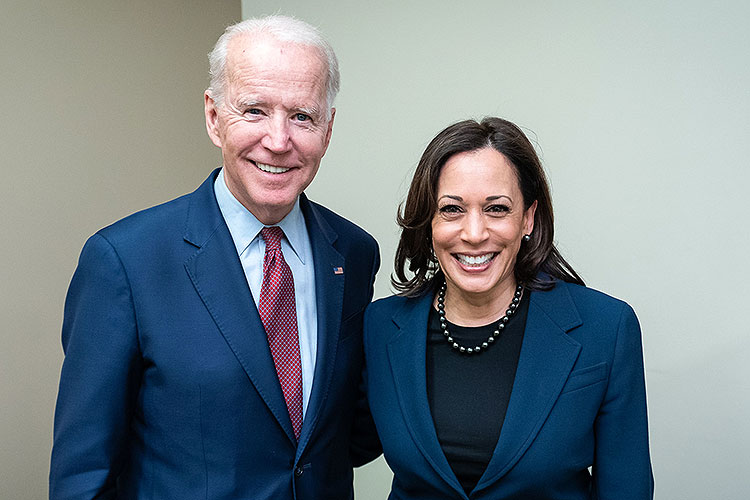The DOJ sued the state of Virginia on Friday for allegedly breaking federal law in systematically excluding voters from the rolls within 90 days of the Nov. 6 elections. The lawsuit overturns an executive order issued by Governor Glenn Youngkin in August that calls for daily corrections to the state’s voter roll for individuals who cannot provide proof of citizenship through the Department of Motor Vehicles (DMV).
As the DOJ has reported, voters designated under the order have only 14 days to show their citizenship before they are refunded. Such an action, the DOJ claims, poses the risk of losing potential voters, particularly in a “quiet period” mandated by the National Voter Registration Act (NVRA) that prohibits voter roll amendments 90 days prior to an election.
“By canceling voter registrations within 90 days of Election Day, Virginia places qualified voters in jeopardy of being removed from the rolls and creates the risk of confusion for the electorate,” said Assistant Attorney General Kristen Clarke. The DOJ is seeking an injunction to restore voting rights to those affected and to prevent future violations.
Governor Youngkin called the suit politically motivated saying “With the support of our Attorney General, we will defend these common-sense steps that we are legally required to take with every resource available to us.”
This lawsuit evokes wider questions of voter suppression and election integrity as the topic of non-citizen voting has gotten heated. Republicans across the country have called for more rigorous voter registration controls, claiming that they will unintentionally ostracize eligible voters.
But this scandal brings to the forefront another debate on immigration and voting. As the Biden-Harris administration faces attacks for border policies, there are some who think that a surge in illegal immigration has other purposes. Could the more lax border enforcement of Biden and Harris be tied to an effort to boost Democratic support? This lawsuit and the election has also given birth to speculations on the actual purpose of current immigration law, fearing that illegal immigrants could still vote illegally, potentially swinging the election toward Vice President Kamala Harris.
Despite no concrete evidence of illegal voting among non-citizens on a mass scale, the timing of this case, and the border crisis, has reignited worries that immigration policy and election integrity could intersect in the presidential election of 2024.
For additional details, visit Reuters, Justice Department, and The Hill.

